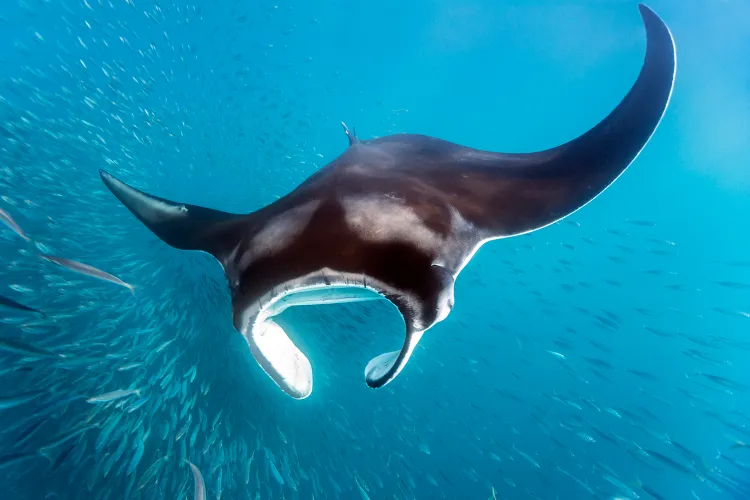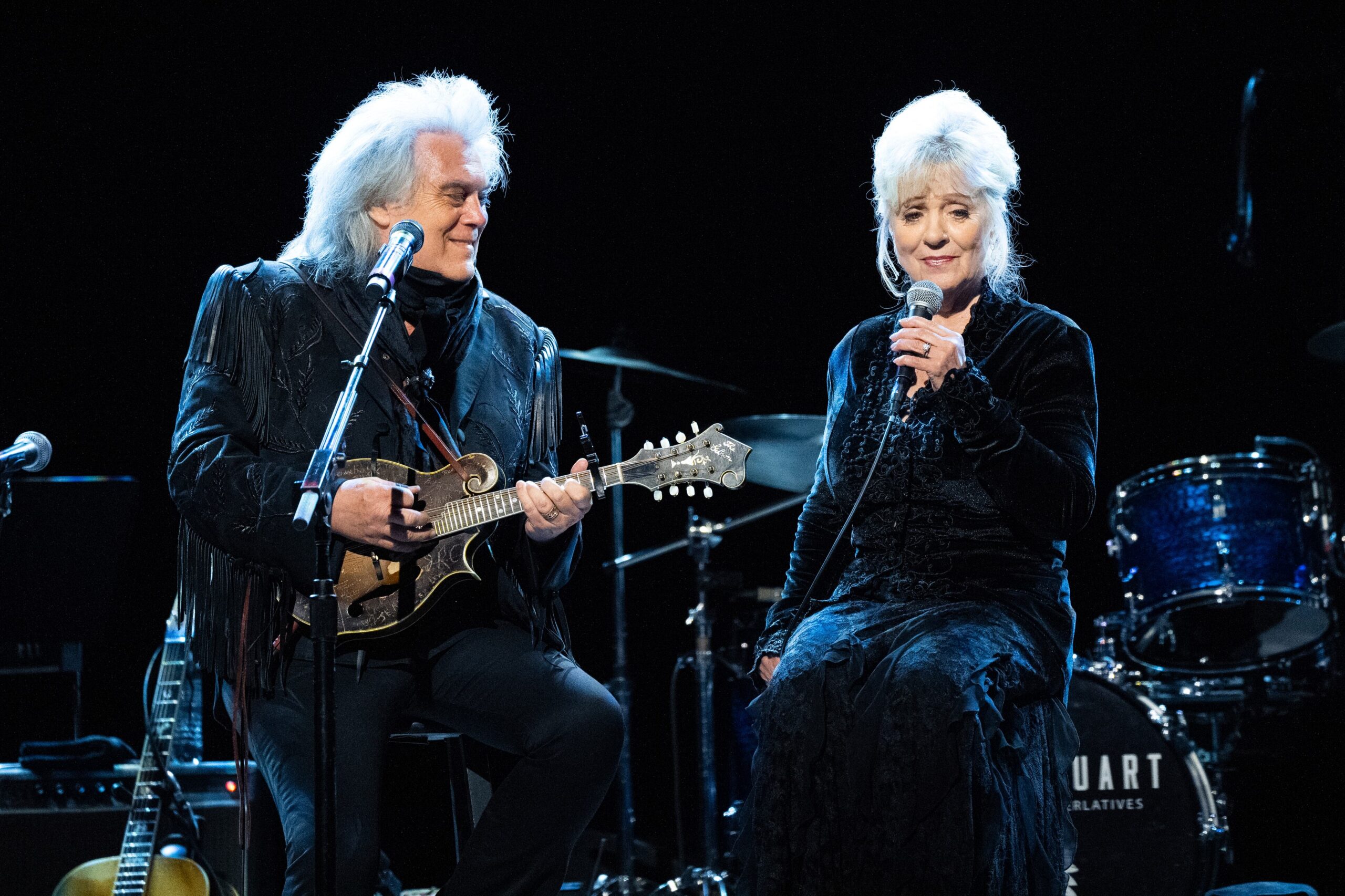Following the release of video of the catch, there was worldwide outrage about the recent official authorization to remove an endangered big manta ray from the waters around Panama City Beach, Florida.
On July 12, employees of the dolphin tour firm Water Planet USA saw and documented the incident, calling it a tragic scene. Five guys are seen handling the enormous aquatic animal and putting it in a small holding pool in the now-widely shared video. The business reported that the ray was clearly distressed but seemed healthy.
Denis Richard, the founder and CEO of Water Planet USA, stated, “I was appalled, and everyone on board was really upset.” The animal was hurting.
The Florida Fish and Wildlife Conservation Commission (FWC) verified that the capture was permitted by a Marine Special Activity License, even though the species is protected by both state and federal law. One manta ray was apparently on its way to SeaWorld Abu Dhabi, where the permission permitted its collection for exhibition and educational reasons.
Critics claim the action was unethical and needless.
“This is shameful,” Richard remarked. The scientific community in our nation and around the world is being insulted by these permissions. Questioning the government’s choice to permit the brutal capture of delicate marine species, particularly when they are shipped abroad, is both our moral obligation and our right as citizens.
In the footage, a voice from the Water Planet USA boat can be heard yelling, “Let him go!” You ought to be embarrassed!
Marine conservationists are not convinced, even though SeaWorld Abu Dhabi, the first SeaWorld park outside of the United States, debuted in 2023 as a research and rescue facility and does not hold orcas. Richard referred to the catch as a hazardous gamble and emphasized the significant risk of trauma or perhaps death associated with carrying such a delicate species.
With wingspans of up to 26 feet, giant manta rays are the largest rays in the planet, according to NOAA’s National Marine Fisheries Service. Because of their dispersed populations, they are listed as vulnerable under the U.S. Endangered Species Act and are seriously threatened by habitat destruction and commercial fishing.
FWC and SeaWorld have not yet addressed the mounting public concern.












